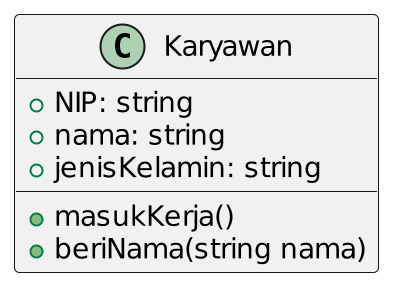IoT Definitions
The Internet of Things (IoT) describes the network of physical
objects—“things”—that are embedded with sensors, software, and other
technologies for the purpose of connecting and exchanging data with
other devices and systems over the internet. These devices range from
ordinary household objects to sophisticated industrial tools. With more
than 7 billion connected IoT devices today, experts are expecting this
number to grow to 10 billion by 2020 and 22 billion by 2025.
https://www.oracle.com/internet-of-things/what-is-iot/
It's your equipment, machines, products, and devices that are connected
to the cloud and outfitted to collect and securely transmit data.
https://azure.microsoft.com/en-us/overview/internet-of-things-iot/what-is-the-internet-of-things/
The IoT can be described as an extension of the internet and other
network connections to different sensors and devices — or “things” —
affording even simple objects, such as lightbulbs, locks, and vents, a
higher degree of computing and analytical capabilities.
Interoperability is one of the key aspects of the IoT that contribute
to its growing popularity. Connected or “smart” devices — as “things”
in the IoT are often called — have the ability to gather and share data
from their environments with other devices and networks. Through the
analysis and processing of the data, devices can perform their functions
with little or no need for human interaction.
https://www.trendmicro.com/vinfo/us/security/definition/internet-of-things
In a nutshell, the Internet of Things is the concept of connecting any
device (so long as it has an on/off switch) to the Internet and to other
connected devices. The IoT is a giant network of connected things and
people – all of which collect and share data about the way they are used
and about the environment around them.
https://www.ibm.com/blogs/internet-of-things/what-is-the-iot/



Comments
Post a Comment